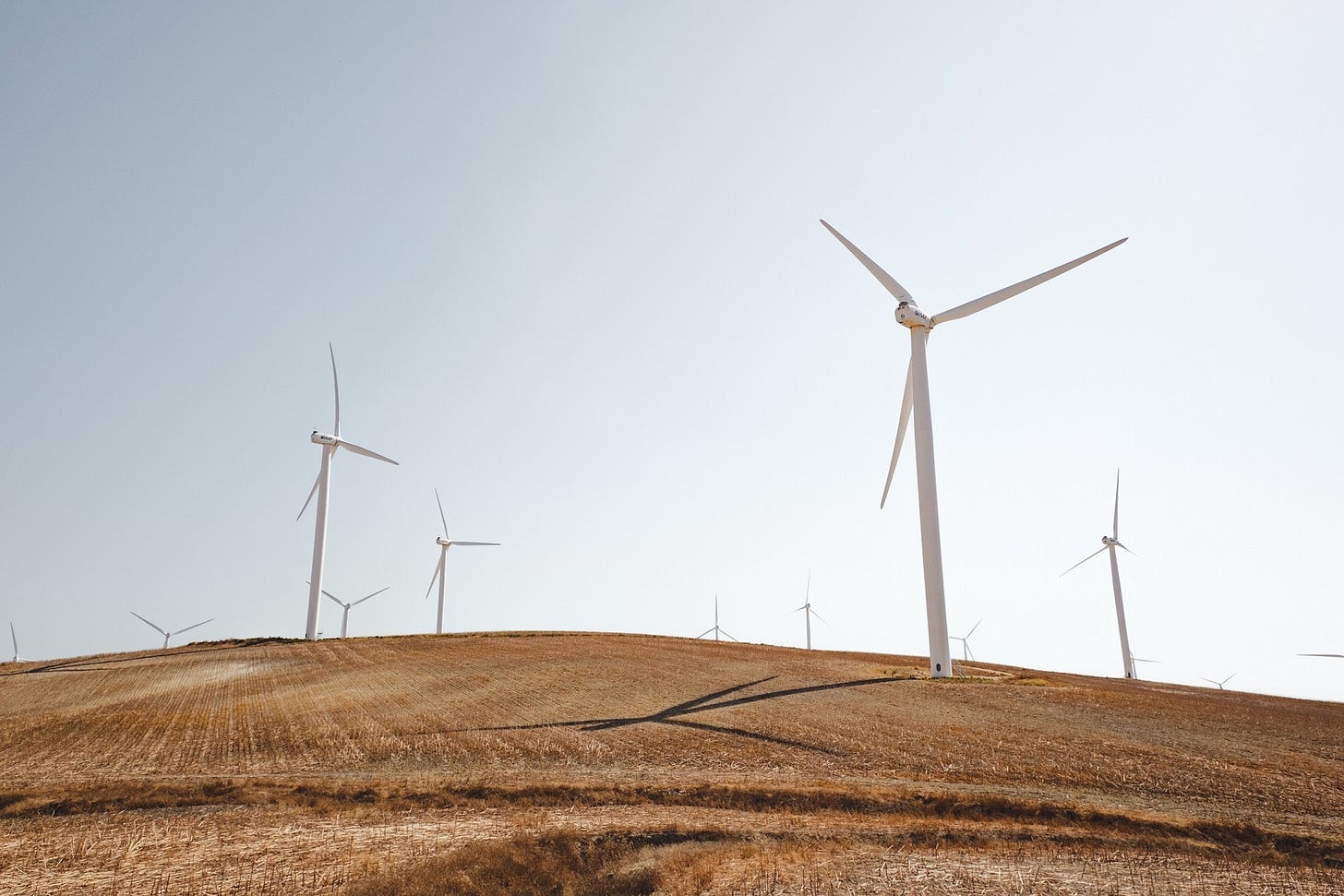Renewables Supplied 71% of Electricity in 2024
Portugal’s renewable energy production totaled 36.7 TWh (terawatt-hours) in 2024, marking the highest output ever recorded.

What?
Renewable energy reached an all-time high in Portugal’s electricity system in 2024, supplying 71% of the country’s electricity consumption, up from 61% the previous year.
This milestone, reported by Redes Energéticas Nacionais (REN) this week, was driven by an expansion in renewable energy installations and favorable conditions for production.
Portugal’s renewable energy production totaled 36.7 TWh (terawatt-hours) in 2024, marking the highest output ever recorded.
According to REN, hydropower and wind energy contributed equally to the national grid, each accounting for 28% of the electricity supply. Solar energy provided nearly 10%, while biomass contributed 6%.
Hydropower productivity stood at an index of 1.16 (above the historical average of 1.0), while wind power achieved an index of 1.06. However, solar energy performed slightly below its historical average, with an index of 0.94, due to less favorable conditions.
Decline in Non-Renewable Energy
Non-renewable energy production was predominantly fueled by natural gas, which accounted for just 10% of total consumption—its lowest share since 1979.
This decline was attributed to the increased availability of renewables and a record-high net import balance of 10.5 TWh, covering 20% of national consumption.
In the natural gas market, consumption fell to 40.5 TWh, down 17% from 2023, marking the lowest level since 2003.
The majority of the supply came from the liquefied natural gas terminal in Sines, with imports primarily from Nigeria and the United States.
2024 also saw the second-highest electricity consumption ever in Portugal, with 51.4 TWh of electricity supplied through the public grid, a 1.3% increase compared to 2023. The historical peak remains in 2010.




Props to Portugal!